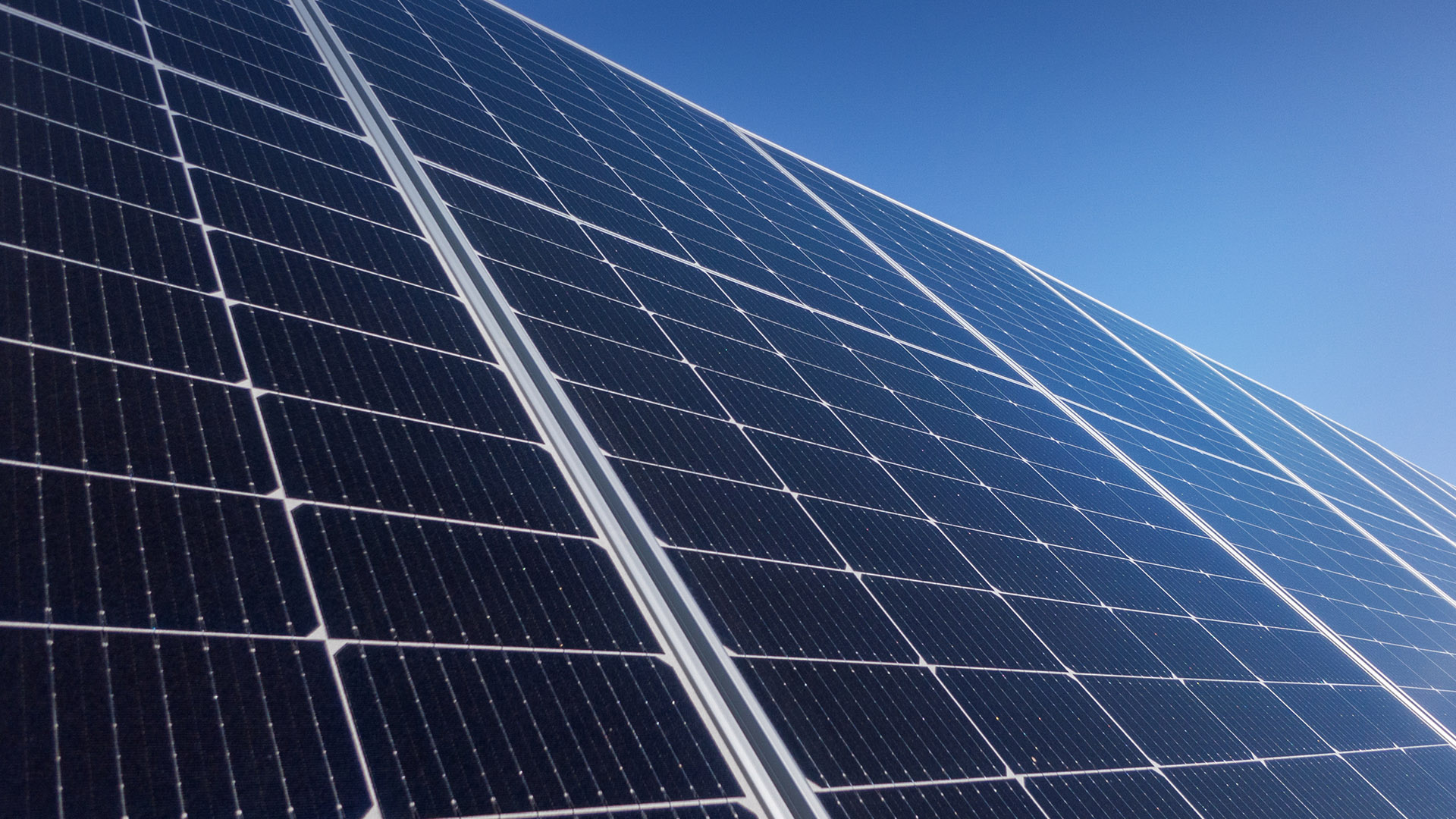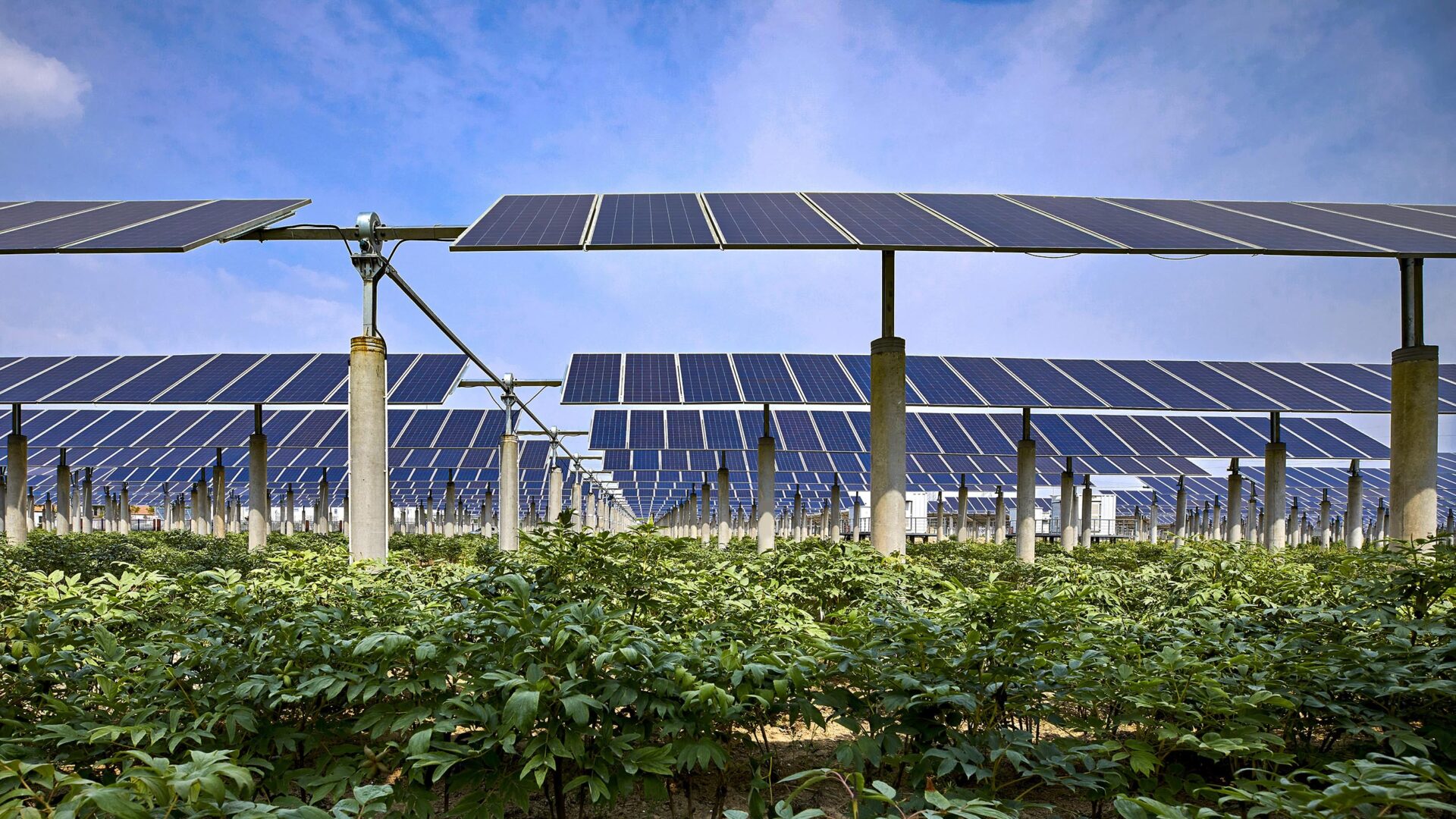

Aquila Clean Energy starts construction of a 52MW agrivoltaics project in Italy

- This project forms part of a 4.4 GW solar PV and battery energy storage (BESS) portfolio that Aquila Clean Energy manages in Italy
- Once operational, this project will avoid the emission of 24,000 tonnes of CO2 per year into the atmosphere
- The project is expected to be completed in March 2026
Aquila Clean Energy EMEA, a developer of integrated and hybrid clean energy solutions and an independent power producer, is starting construction of an agrivoltaics project in Catania, Sicily. Following site preparation and preliminary works, the full construction activities for this project have now begun.
This project covers an area of about 100 hectares and combines power generation and cultivation. Crops will include olives trees, aromatic herbs and cultivar like garlic, celery, parsley, several types of salad, spinach and legumins.
With an installed capacity of 52 MW, the project will avoid the emission of around 24,000 tonnes of CO2 into the atmosphere per year and generate clean energy equivalent to the annual consumption of 27,000 households. The project is scheduled for completion in March 2026.
Aquila Clean Energy has implemented several initiatives to increase the positive impact of this project in the territory, including the creation of an additional 11 hectares for wildlife refuge as well as an additional 7 hectares of water-lamination pond.
Alberto Arcioli, Head of Development in Italy, says: “This is our first project to have reached the construction phase in Italy, and it represents a significant milestone in the development of our portfolio in the country. This project underlines our aim to further develop innovative and sustainable clean energy solutions in Italy. We’ll continue to work on expanding our presence in the country with more projects that support Italy’s energy transition“.
Aquila Clean Energy has operated in Italy since 2020 and currently manages a portfolio of around 4.4 GW of PV and BESS projects.
Aquila Clean Energy delivers affordable and clean energy to European markets through innovative and technological solutions. The company has developed and managed renewable energy projects since 2006, bringing over 2.5 GW of capacity into commercial operation. It operates an advanced development and construction pipeline that includes over 13 GW of solar PV, onshore wind and battery energy storage systems (BESS) in 13 European countries.